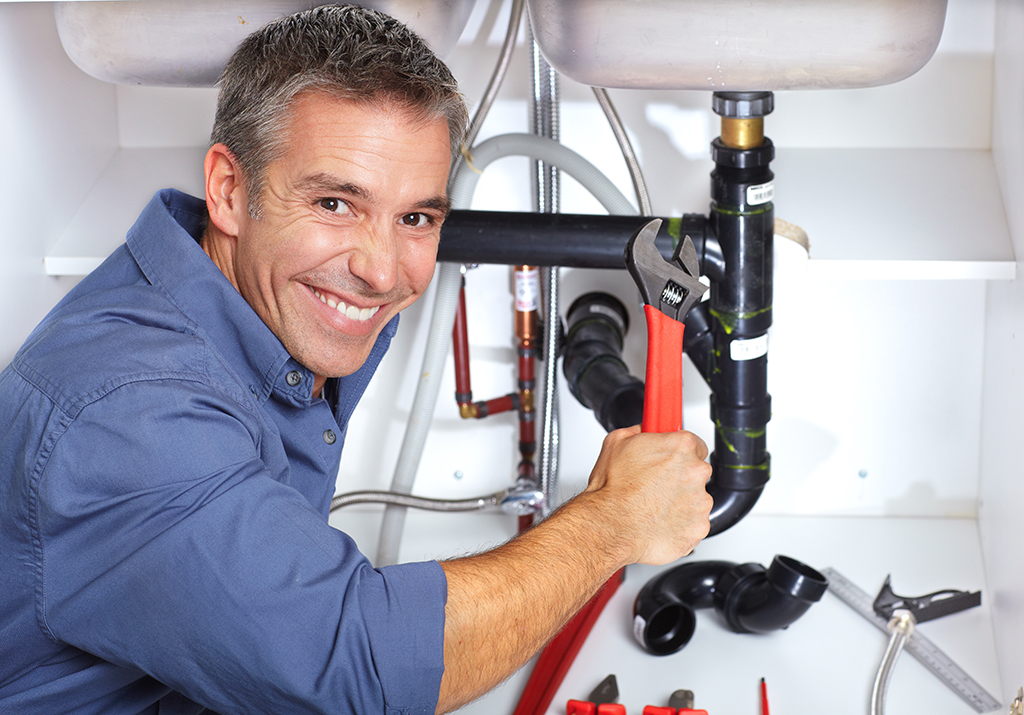In the context of home repairs, many homeowners take pride in their capability to handle DIY projects. On the other hand, plumbing is one area where self-tackling issues can often lead to more problems and expenses. Even though small fixes might seem manageable, there are critical plumbing repairs that are best left to the professionals. Grasping the risks involved in attempting certain repairs on your own is crucial to maintaining both your home and your sanity.
From broken pipes to complex drain issues, the potential for disaster is high when dealing with plumbing. Not only can improperly addressed issues lead to extensive water damage, but they can also result in costly repairs and even health hazards. In https://articlescad.com/exploring-why-every-home-needs-a-plumbing-maintenance-plan-52026.html , we will highlight five plumbing repairs you should not attempt by yourself and explain why professional help is a vital investment for any homeowner. Let's dive into the reasons that underscore the importance of calling a licensed plumber when faced with major plumbing dilemmas.
Frequent Plumbing Issues

Numerous homeowners face a number of plumbing issues that can happen unexpectedly. One of the most frequent issues is leaky faucets, which not only consume water but can lead to higher monthly bills. Fixing a dripping faucet may seem like a simple task, but it can often need specific knowledge to ensure that the fundamental issue is tackled correctly. Ignoring a leak can escalate into more significant water damage and pricey repairs.
Another common issue is blocked drains. From hair and soap build-up in bathroom sinks to grease accumulation in cooking pipes, clogged drains can create significant inconveniences. While some minor clogs can be managed with basic home tools, more stubborn clogs typically need professional assistance to prevent wrecking pipes or worsening the blockage. Preventing clogged drains before they begin is a crucial strategy for maintaining a well-working plumbing system.
Lastly, many homeowners experience issues with their water heaters. Whether it’s a shortage of hot water, odd noises, or drips, these problems can cause major disruptions in daily life. Maintaining your water heater the right way is essential to prolong its lifespan and ensure effective operation. When faced with difficult issues like these, it is key to understand when it is best to call a plumber instead of attempting a DIY fix.
When to Reach out to a Plumbing Professional
Recognizing the right time to call a plumber can be a way to save you hours, money, and a great deal of stress. Numerous homeowners frequently ponder if they can manage plumbing problems themselves, but some issues are best left to the professionals. If you see indications of a hidden leak or face unexpected changes in water pressure, it's essential to enlist the help of a qualified plumber. Trying to diagnose and repair these issues without adequate training can result in additional harm and higher repair expenses.
In emergencies, such as a broken pipe or sewage backup, swift action is essential. You should know how to turn off your water in an urgent situation, but beyond that, calling a plumbing professional is your most effective option for a quick solution. They have the tools and skills to tackle these situations properly, making sure that your home remains safe and operational. Postponing plumbers near me in these situations can result in significant harm, making it more crucial than ever to understand when professional help is necessary.
Another scenario where a plumber is necessary is during home renovations or improvements. While certain homeowners may be confident in their do-it-yourself skills, plumbing tasks often require specific knowledge and tools. Whether it’s installing new fixtures or rearranging the plumbing layout, a licensed plumber guarantees that everything meets municipal regulations and functions properly. Leaning on their expertise can prevent costly mistakes and provide assurance.
Proactive Upkeep Advice
Consistent maintenance is crucial to extend the longevity of your plumbing system and avoid expensive repairs. One of the best practices is to regularly check your pipes for signs of wear or leaks. Check for deterioration, rusty stains, and moisture around joints and connections. Addressing small issues before they escalate can save you from a major headache down the line. Additionally, make it a practice to monitor your water bill; significant jumps may suggest hidden leaks within your system.
Another key aspect of maintenance is ensuring that drains remain clear. Use drain filters to catch debris and avoid pouring fat, coffee grounds, and non-biodegradable items down the sink. https://yamcode.com/ cleaning as a preventive measure, especially if you observe slow drainage. This anticipatory approach will help keep your plumbing functioning smoothly and reduce the chances of catastrophic clogs.
Finally, be sure to maintain your water heater. Periodically inspect the temperature settings and flush the tank to remove mineral buildup, which can lead to decreased efficiency and potential leaks. Familiarize yourself with the symptoms that show your water heater may need professional attention, such as unusual noises or changing water temperatures. Following these tips will not only enhance your system's efficiency but also give you confidence knowing that you are taking steps to prevent plumbing disasters.
